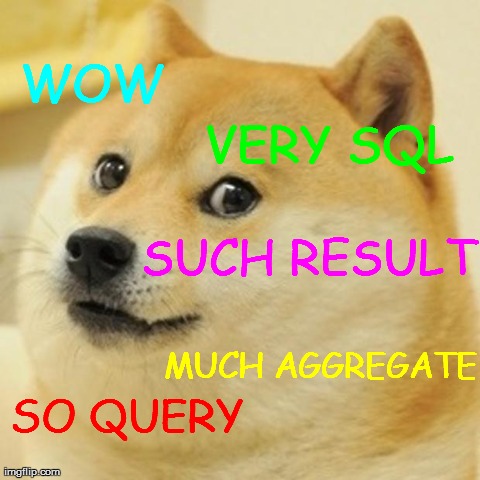user924016
user924016
user924016
user895378
user895378
user895378
user895378
user895378
user895378
user895378
user895378
user895378
user895378
user895378
user895378
user895378
user895378
user895378
user895378
user895378
user895378
user895378
user895378
user895378
user895378
user895378
user895378
user895378
user895378
user895378
user895378
user895378
user895378
user895378
user895378
user895378
user895378
user895378
user895378
user895378
user895378
user895378
user895378
user895378
user652649
user652649
user652649
user652649
user652649
user652649
user652649
user652649
user652649
user652649
user652649


